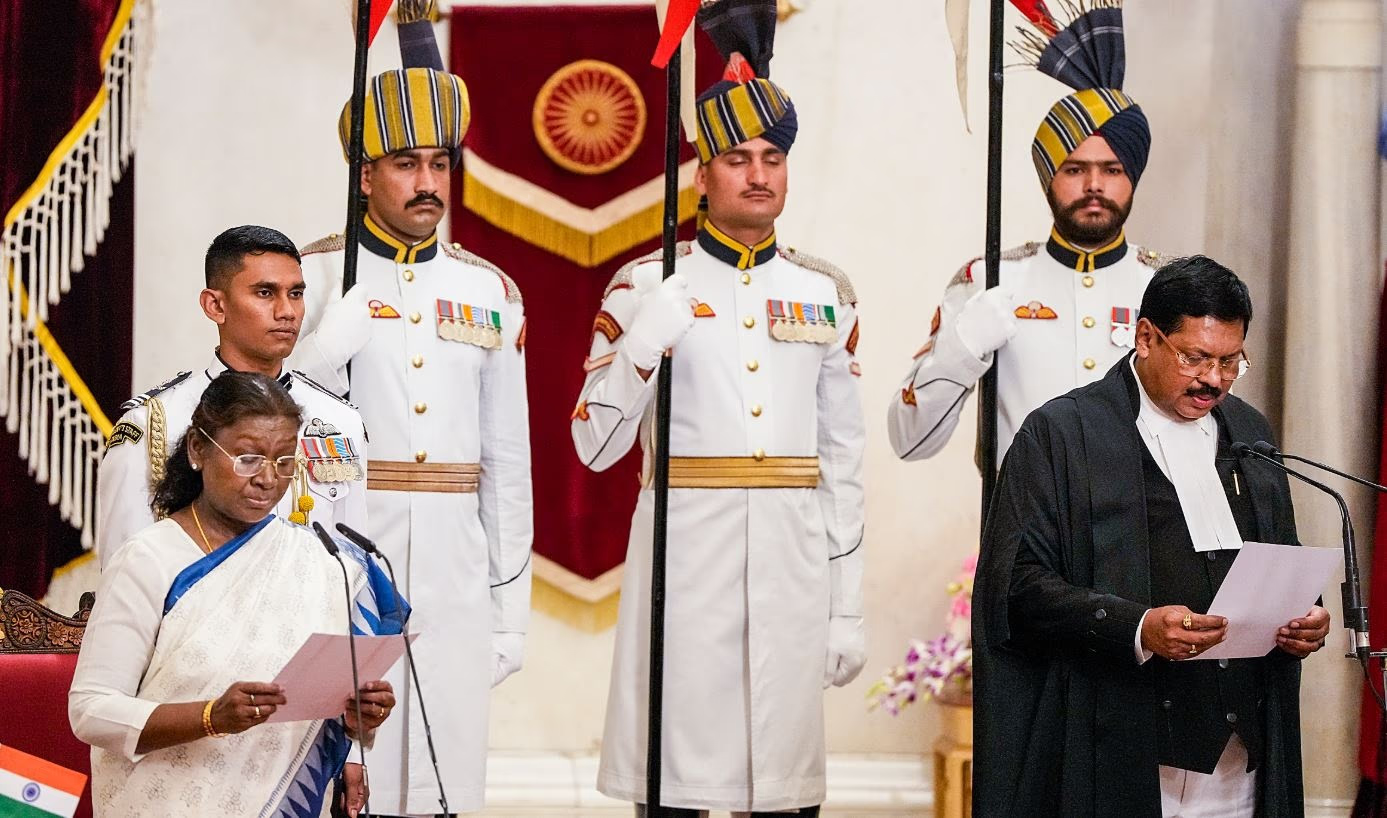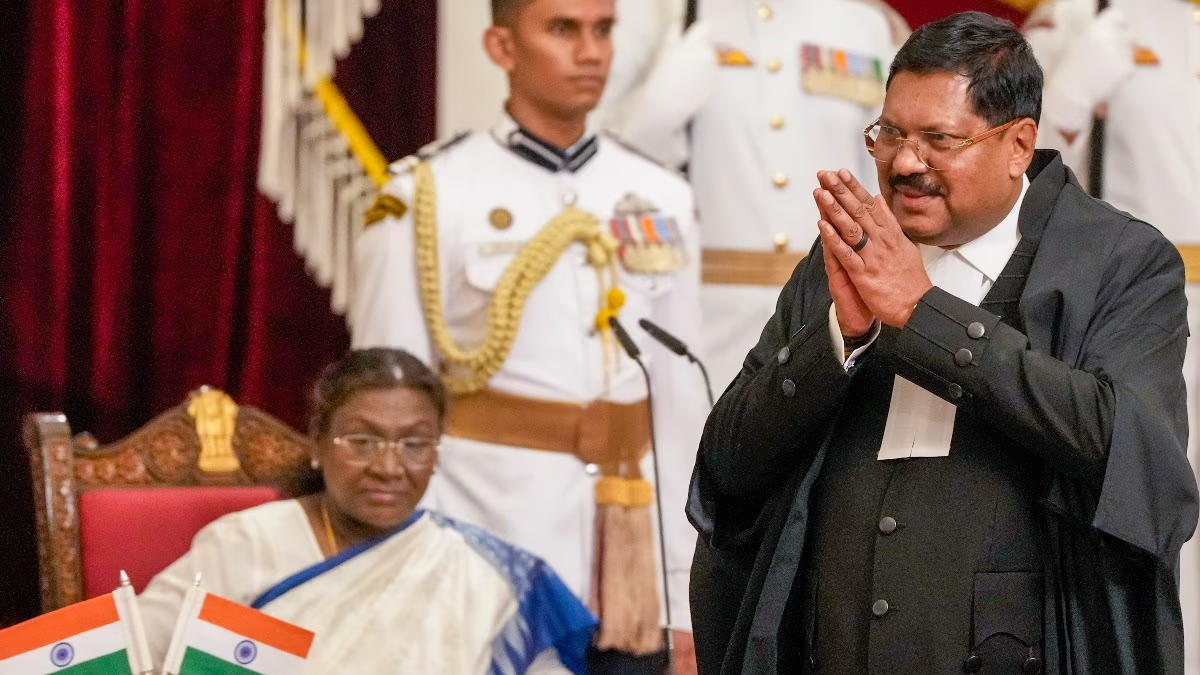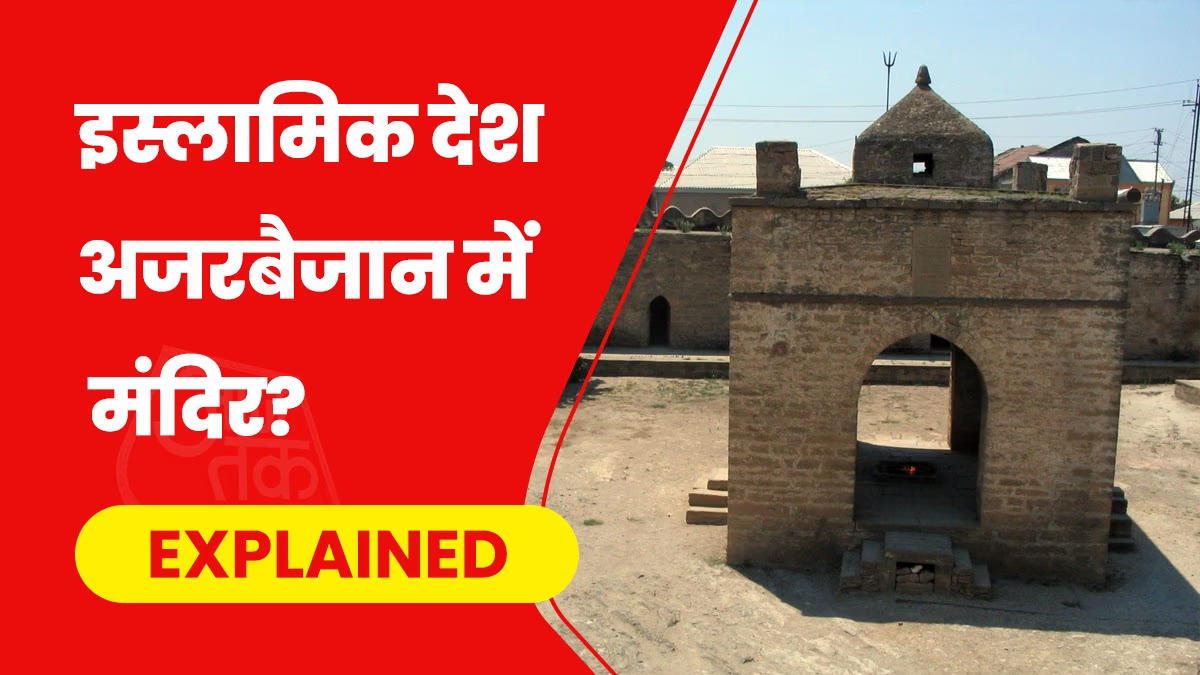Making history as India's 52nd Chief Justice and the first from a Buddhist background, Justice Bhushan Ramkrishna Gavai has been at the forefront of numerous key rulings. Among his roughly 300 written decisions are significant judgments on constitutional matters, freedom, and the notable case against 'bulldozer justice' policy.
From Amravati to the Supreme Court
Justice Gavai, the second Dalit to lead India's judiciary after K. G. Balakrishnan, was sworn in as CJI by President Droupadi Murmu for a six-month term ending on 23 November 2025. He rose from humble beginnings in the village of Amravati, Maharashtra, to the nation's highest judicial post.
Also Read:
Post his oath-taking at the Rashtrapati Bhavan, he sought blessings by touching his mother's feet. Born on 24 November 1960 in Amravati, he is the son of R.S. Gavai, a professional politician and founder of the Republican Party of India (Gavai). Elevated to Supreme Court Judge on 24 May 2019, Justice Gavai was part of constitution benches delivering crucial judgments such as on Article 370, electoral bonds, and demonetization.
Halting Insensitive Rape Ruling
The bench led by Justice Gavai blocked the Allahabad High Court's observation that grabbing a woman's private parts and pulling her pajama string wouldn't constitute an attempt to rape, highlighting its insensitive and inhumane viewpoint.

Source: aajtak
As Chief Justice, one of Justice Gavai's major challenges will be handling over 81,000 pending cases in the Supreme Court and addressing vacant judicial positions across courts. He will also face controversies like the Waqf (Amendment) Act 2025 validity challenge. Days before his swearing-in, Justice Gavai affirmed that the Constitution is supreme, indicating he won't take any official position post-retirement.
Article 370 Decision Participation
Justice Gavai was part of a five-judge bench that unanimously upheld the central government's decision to abrogate Article 370, which granted special status to former Jammu & Kashmir. Also, he participated in a bench that nullified the electoral bond scheme for political funding.
Also Read:
Justice Gavai was also part of the bench that approved, by a 4:1 majority, the government's 2016 demonetization move withdrawing ₹1,000 and ₹500 notes. His participation in another substantial bench endorsed states’ constitutional rights to sub-classify scheduled castes to extend reservations to severely backward groups.
Halting Bulldozer Actions
Part of a five-judge bench, Justice Gavai's historical guideline prohibits demolishing any property without prior notice and mandates a response window of 15 days for those affected. Additionally, he has contributed significantly to environmental protection, delivering numerous orders on forests, wildlife, and conservation issues.
Justice Gavai has lectured on constitutional and environmental topics at various prestigious universities, including Columbia and Harvard. He was appointed as an Additional Judge of Bombay High Court on 14 November 2003 and became a permanent judge on 12 November 2005.
Extensive Judicial Tenure
Joining the bar on 16 March 1985, Justice Gavai served as permanent counsel for Nagpur Municipal Corporation, Amravati Municipal Corporation, and Amravati University. From August 1992 to July 1993, he was an assistant government pleader and additional public prosecutor at Bombay High Court's Nagpur Bench. On 17 January 2000, he was appointed government pleader and prosecutor for the Nagpur Bench.
Previous CJI Justice Sanjeev Khanna recommended Justice Gavai's name as the next Chief Justice on 16 April, and the law ministry confirmed his appointment through a notification on 29 April. He officially took the CJI oath at the Rashtrapati Bhavan on Wednesday, overseen by dignitaries like the Prime Minister, Vice-President, and family members.




